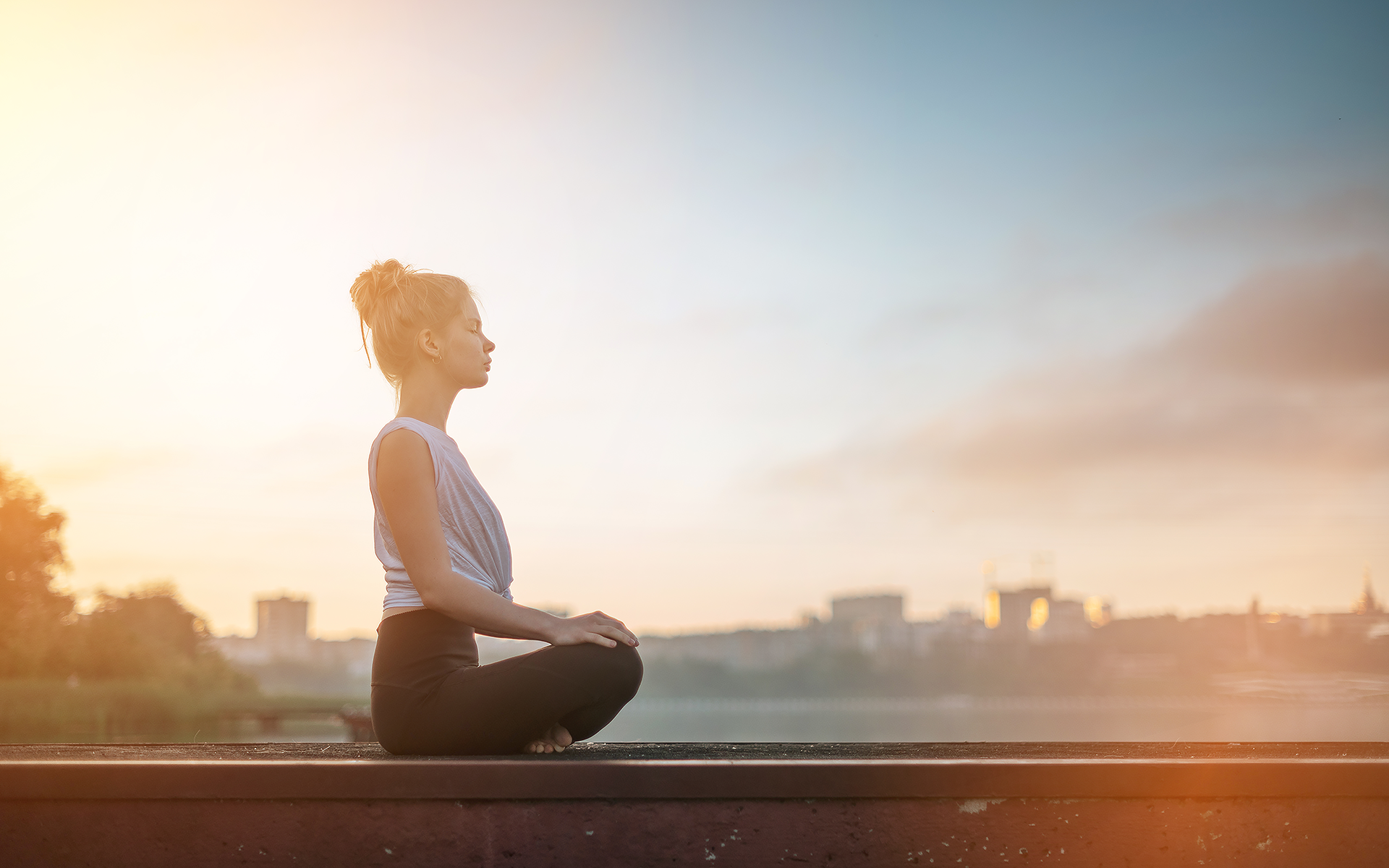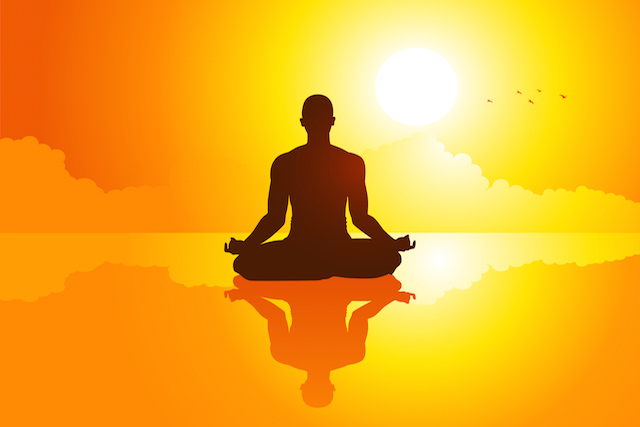Our basic interest e-newsletter keeps you as much as date on a wide range of health subjects.
Sign up now Meditation: A simple, fast way to lower tension
Meditation can wipe away the day's tension, bringing with it inner peace. See how you can easily learn to practice meditation whenever you need it most.
By Mayo Center Personnel If stress has you nervous, tense and concerned, think about attempting meditation. Investing even a few minutes in meditation can restore your calm and inner peace.
Anyone can practice meditation. It's basic and economical, and it doesn't require any unique devices. And you can practice meditation anywhere you are-- whether you're out for a walk, riding the bus, waiting at the physician's office or even in the middle of a difficult organisation meeting.
Comprehending meditation Meditation has actually been practiced for thousands of years. Meditation originally was meant to assist deepen understanding of the spiritual and magical forces of life. These days, meditation is typically used for relaxation and tension decrease.
Meditation is considered a type of mind-body complementary medicine. Meditation can produce a deep state of relaxation and a tranquil mind. During meditation, you focus your attention and remove the stream of jumbled ideas that may be crowding your mind and causing tension. This process may lead to boosted physical and psychological well-being.
Benefits of meditation Meditation can offer you a sense of calm, peace and balance that can benefit both youremotional wellness and your overall health.
And these advantages do not end when your meditation session ends. Meditation can help carry you more calmly through your day and might assist you handle symptoms of certain medical conditions.
Meditation and psychological wellness When you meditate, you might eliminate the info overload that develops every day and contributes to your tension.
The emotional benefits of meditation can include:
Meditation and disease Meditation might likewise be beneficial if you have a medical condition, particularly one that may be worsened by tension. While a growing body of scientific research supports the health advantages of meditation, some researchers think it's not yet possible to draw conclusions about the possible benefits of meditation. With that in mind, some research study recommends that meditation may assist individuals manage signs of conditions such as:
Be sure to talk with your healthcare service provider about the pros and cons of utilizing meditation if you have any of these conditions or other health issue.

In some cases, meditation can get worse symptoms related to specific psychological and physical health conditions.
Meditation isn't a replacement for standard medical treatment. But it may be a beneficial addition to your other treatment. Types of meditation
Meditation is an umbrella term for the many methods to an unwinded state of being. There are many kinds of meditation and relaxation techniques that have meditation parts. All share the exact same goal of accomplishing inner peace. Ways to meditate can consist of:
Guided meditation. Often called directed images or visualization, with this method of meditation you form psychological images of places or circumstances you discover relaxing.
You try to utilize as numerous senses as possible, such as smells, sights, sounds and textures. You might be led through this process by a guide or teacher.
Mantra meditation. In this kind of meditation, you quietly repeat a soothing word, believed or expression to prevent disruptive thoughts. Mindfulness meditation. This kind of meditation is based on being conscious, or having actually an increased awareness and acceptance of living in today moment.
In mindfulness meditation, you expand your mindful awareness. You focus on what you experience throughout meditation, such as the circulation of your breath. You can observe your thoughts and emotions, however let them pass without judgment. Qi gong. This practice generally integrates meditation, relaxation, physical motion and breathing exercises to bring back and maintain balance. Qi gong (CHEE-gung) belongs to standard Chinese medicine. Tai chi. This is a type of mild Chinese martial arts. In tai chi (TIE-CHEE), you perform a self-paced series of postures or motions in a sluggish, stylish way while practicing deep breathing.
Transcendental Meditation ®. Transcendental Meditation is an easy, natural technique. In Transcendental Meditation, you calmly repeat a personally appointed mantra, such as a word, sound or expression, in a specific method. This kind of meditation may permit your body to settle into a state of profound rest and relaxation and your mind to achieve a state of inner peace, without requiring to use concentration or effort. Yoga. You carry out a series of postures and regulated breathing exercises to promote a more versatile body and a calm mind. As you move through poses that need balance and concentration, you're motivated more info to focus less on your hectic day and more on the minute.

Different kinds of meditation might consist of different functions to assist you meditate. These may differ depending on whose guidance you follow or who's teaching a class. A few of the most common functions in meditation include: Focused attention. Focusing your attention is normally among the most important aspects of meditation.
Focusing your attention is what assists free your mind from the numerous diversions that cause stress and concern. You can focus your attention on such things as a specific item, an image, a mantra, and even your breathing. Unwinded breathing. This technique involves deep, even-paced breathing using the diaphragm muscle to broaden your lungs. The function is to slow your breathing, take in more oxygen, and reduce making use of shoulder, neck and upper chest muscles while breathing so that you breathe more effectively. A quiet setting. If you're a novice, practicing meditation might be much easier if you're in a quiet area with couple of distractions, including no television, radios or cellphones.
As you get more competent at meditation, you might have the ability to do it anywhere, especially in high-stress circumstances where you benefit the most from meditation, such as a traffic congestion, a demanding work conference or a long line at the supermarket. A comfortable position. You can practice meditation whether you're sitting, lying down, strolling, or in other positions or activities. Simply try to be comfortable so that you can get the most out of your meditation. Objective to keep excellent posture during meditation. Open attitude. Let ideas travel through your mind without judgment.